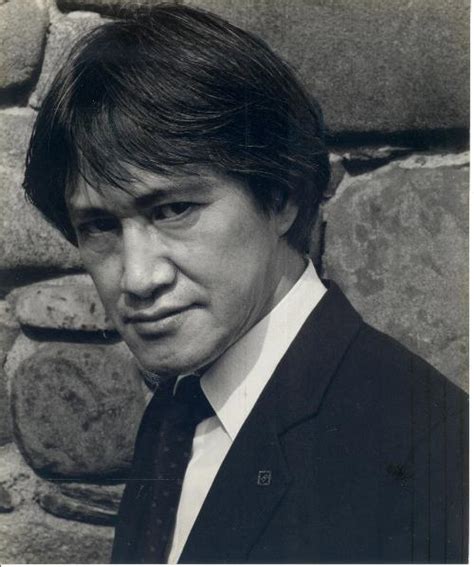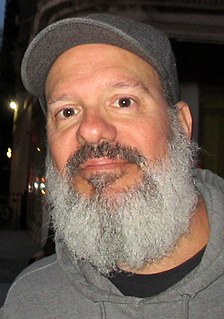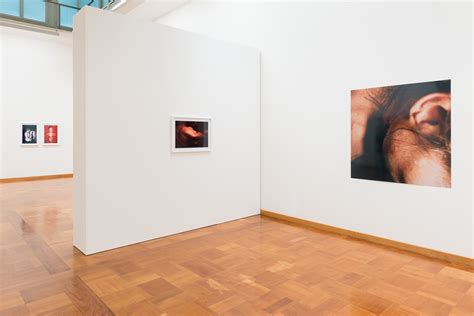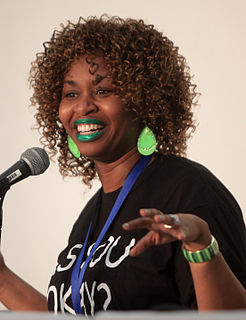A Quote by Chaim Potok
There is in my work a very strong religious foreground and background. In the later work some of that tends to diminish, but it's certainly present in the early work.
Quote Topics
Related Quotes
So much of my work is defined by the difference between the figure in the foreground and the background. Very early in my career, I asked myself, "What is that difference?" I started looking at the way that a figure in the foreground works in eighteenth- and nineteenth-century European paintings and saw how much has to do with what the figure owns or possesses. I wanted to break away from that sense in which there's the house, the wife, and the cattle, all depicted in equal measure behind the sitter.
I learned really early on that I had to treat it as if it were a real job. This might be my middle class background - the Irish work ethic, which isn't quite the same as the Protestant work ethic - but still, it's, 'Get a job and show up every day. Be there. And don't complain. Who do you think you are: you're nobody special; go to work.'
I love to work, and to make all kinds of work. But if I work on a fashion story then I work for somebody. If I work for me, for an art project, then I'm not that nervous. It doesn't matter when the photo is done. And if I work on a fashion shoot, then I have access to all these things that I can use later for my art - a still life here or there. I can do all of this while the model is changing.
Work on causal theories of knowledge - early work by Armstrong, and Dretske, and Goldman - seemed far more satisfying. As I started to see the ways in which work in the cognitive sciences could inform our understanding of central epistemological issues, my whole idea of what the philosophical enterprise is all about began to change. Quine certainly played a role here, as did Putnam's (pre-1975) work in philosophy of science, and the exciting developments that went on in that time in philosophy of mind.
In a play, certainly, the subject is of more importance than in any other work of art. Infelicity, triviality, vagueness of subject, may be outweighed in a poem, a novel, or a picture, by charm of manner, by ingenuity of execution; but in a drama the subject is of the essence of the work-it is the work. If it is feeble, the work can have no force; if it is shapeless, the work must be amorphous.
Have I then no work to work in this great matter of my pardon? None. What work canst thou work? What work of thine can buy forgiveness or make thee fit for the Divine favour? What work has God bidden thee work in order to obtain salvation? None. His Word is very plain and easy to be understood, "To him that worketh not, but believeth in Him that justifieth the ungodly, his faith is counted for righteousness" (Rom. 4:5). There is but one work by which a man can be saved. That work is not thine, but the work of the Son of God. That work is finished.



































